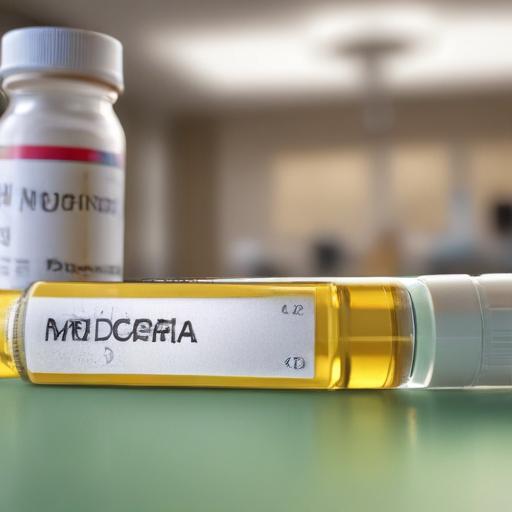Moderna announced recently that the Food and Drug Administration (FDA) has approved its lower-dose Covid-19 vaccine, intended for adults aged 65 and older, as well as for individuals aged 12 to 64 who have at least one medical condition that raises their risk of severe Covid. This approval, given by the FDA on Friday, applies specifically to individuals who have already received a Covid vaccine in the past.
The new vaccine, named mNEXSPIKE, is designed to be one-fifth the dose of Moderna’s original vaccine, Spikevax, and is meant as an alternative for those opting for a lower-dose option, rather than a complete replacement for existing Covid vaccines. The company expects the vaccine to be available in the U.S. in time for the 2025-26 respiratory virus season, which begins in the fall.
In conjunction with this development, Moderna is also working on an updated formula of its original vaccine to target the LP.8.1 variant and submitted a request for FDA approval of this update back in May.
However, it’s important to note that young, healthy adults will not be eligible for this new vaccine, despite having participated in its clinical trials. This limitation mirrors the FDA’s recent guidelines concerning other Covid vaccines, such as Novavax’s, which were similarly restricted in eligibility when granted approval last month.
The FDA’s recent decisions reflect a shift in approach concerning Covid vaccine approvals, a significant change from prior policies, particularly during the Trump administration. The administration had previously called for more stringent requirements, including the use of inert placebos in clinical trials. This new vaccine was assessed using an “active comparator” method, where it was tested against older, approved versions of the vaccine, generating higher antibody levels than the original shot, according to Moderna.
While the new mNEXSPIKE vaccine showed reduced local reactions, such as less redness and swelling at injection sites compared to its predecessor, systemic reactions like headaches and chills were comparable between the two formulations. Common side effects reported included injection site pain, fatigue, headache, and muscle pain.
This approval signifies a hopeful step in providing tailored vaccination options for at-risk populations while adapting to the evolving landscape of Covid-19 variants. As health officials continue to refine recommendations and strategies, it is crucial for individuals to stay informed and engaged in discussions with healthcare providers regarding vaccination options.
